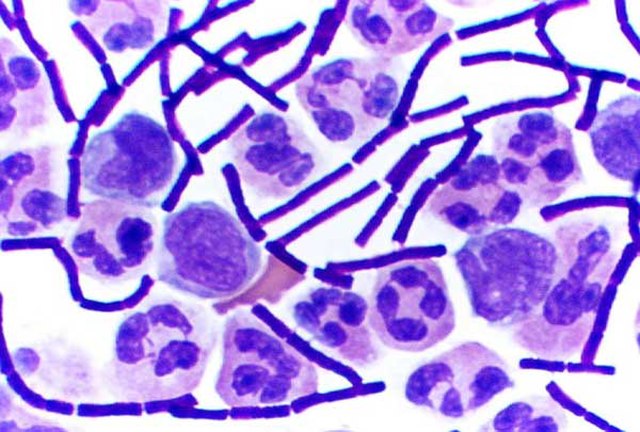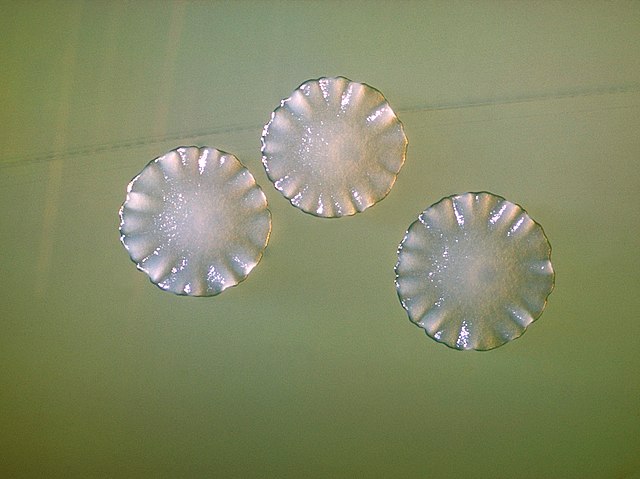Infinite photos and videos for every Wiki article ·
Find something interesting to watch in seconds
Rare Coins
Countries of the World
Celebrities
Richest US Counties
Wars and Battles
Great Museums
Animals
Recovered Treasures
Tallest Buildings
Great Cities
Great Artists
Crown Jewels
Famous Castles
Ancient Marvels
Best Campuses
History by Country
Presidents
Kings of France
Orders and Medals
World Banknotes
British Monarchs
Largest Empires
Largest Palaces
Supercars
Sports
Wonders of Nature
more top lists





